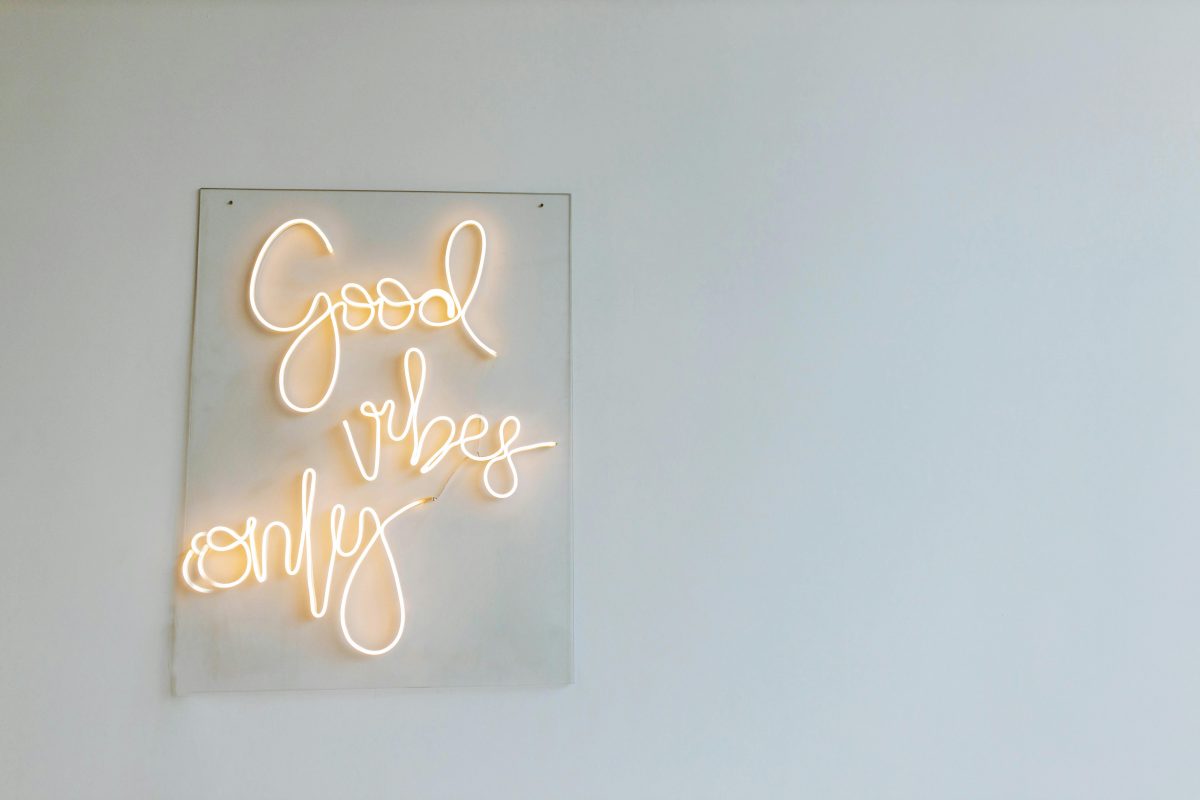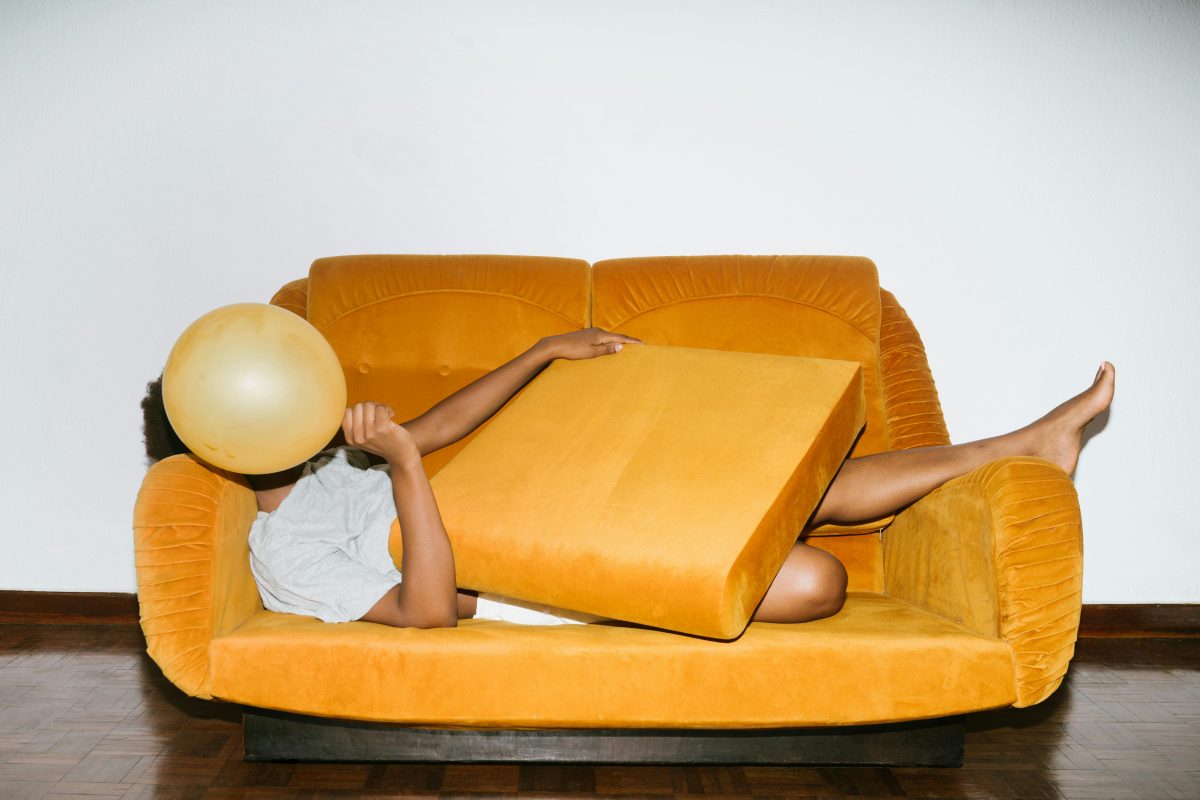
By Yamila García
I don’t want people to solve my problems for me. Nor do I want them to go through my difficulties for me or eliminate the complications that I may find in my path. I never intended for them to remodel reality for me or to adapt to what is comfortable for me. It would never occur to me to ask them to change the ways in which things have been done and work for others. I think that when many hear about inclusion, they have a confused idea of what it means, and perhaps that is the main barrier to achieving it. An accessibility ramp was never a reason to eliminate stairs. Likewise, accommodations for other needs should not be a reason to eliminate spaces or resources that still work for others.
All I would like is that in every space I go to, which probably won’t be designed for my way of seeing the world, there are places or accessory aids that I can use to make it more manageable for me. I think about how many times it could have helped me to have a quiet space to take away some of the overstimulation. Or how many other times a simple PDF explaining “what to expect” could have reduced my anxiety about the new and unexpected. I also think about how many have been inclusive without even realizing it. Professors uploading videos introducing themselves to their class through HuskyCT a week before the semester starts probably don’t know how much this helped me. Breaks during long events, quiet spaces to just relax for a few minutes in between, professors and offices offering different ways to contact them—all these things help. Basically, having options helps. Many of the things that can be done are simple and do not involve extra work for anyone. Just goodwill. I know that there are accommodations that involve other types of effort and dynamics, but in this case, I am only talking about those that can be adapted simply, quickly, and with minimal or no cost. These are things that can help many of us and are a basis for beginning to understand that we all function differently.

